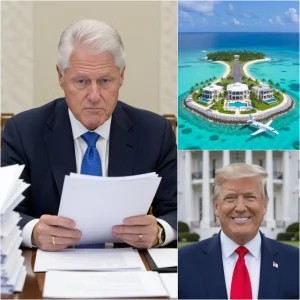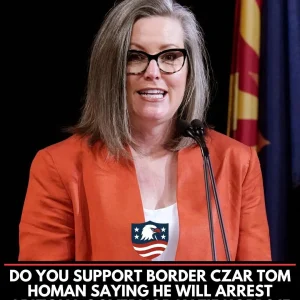Robert F. Kennedy Jr., a figure long associated with controversial views on public health, once again found himself at the center of attention during a Senate hearing that focused on the United States’ handling of the COVID-19 pandemic and the safety of vaccines. His testimony drew sharp reactions from lawmakers, scientists, and the public, highlighting the deep divisions that still exist over the pandemic response and the role of vaccines in public health.

Kennedy began his remarks by questioning the effectiveness of lockdowns and mask mandates, suggesting that such policies were driven more by politics than science. He argued that the economic and social costs of these measures far outweighed the benefits. While his concerns resonated with some Americans who remain skeptical of government restrictions, public health experts were quick to note that multiple studies have shown masks and temporary lockdowns played a significant role in slowing transmission during critical phases of the pandemic.
The most heated portion of Kennedy’s testimony came when he spoke about vaccines. He claimed that COVID-19 vaccines had not been properly tested for long-term safety and suggested that adverse side effects were being downplayed or ignored. These statements immediately drew pushback from medical professionals, who pointed to a vast body of peer-reviewed research and real-world data showing that vaccines have prevented millions of hospitalizations and deaths worldwide. The Centers for Disease Control and Prevention, along with the World Health Organization, maintain that the benefits of COVID-19 vaccines vastly outweigh the risks.

Fact-checkers were quick to analyze Kennedy’s claims. On the issue of vaccine testing, experts emphasized that the clinical trials for COVID-19 vaccines were unprecedented in scale and transparency. Tens of thousands of participants were monitored during trials, and millions more have been observed since the vaccines were rolled out. While rare side effects such as myocarditis have been documented, they remain statistically uncommon compared to the risks posed by the virus itself.
Kennedy also raised concerns about the role of pharmaceutical companies, accusing them of profiting from fear while silencing dissenting voices. This argument, though compelling to some, overlooks the independent reviews and monitoring systems in place across the globe. Regulatory agencies in the U.S., Europe, and elsewhere continue to review safety data on an ongoing basis, providing a layer of oversight that goes beyond corporate interests.
Outside the Senate, Kennedy’s testimony quickly went viral. Supporters praised him for challenging what they see as an establishment narrative, while critics accused him of spreading misinformation that could undermine public trust in life-saving vaccines. On social media, debates flared as hashtags connected to his name trended, showing just how polarizing he has become in discussions about health and science.
In the end, Kennedy’s appearance underscored the challenges lawmakers and health officials face in balancing free speech with public safety. His words tapped into genuine anxieties many still feel after years of uncertainty, but they also raised questions about the responsibility of public figures when addressing issues with profound consequences for millions of people. Whether his claims change policy is doubtful, but they have once again ensured that Robert F. Kennedy Jr. remains a lightning rod in America’s ongoing debate over COVID-19 and vaccines.






